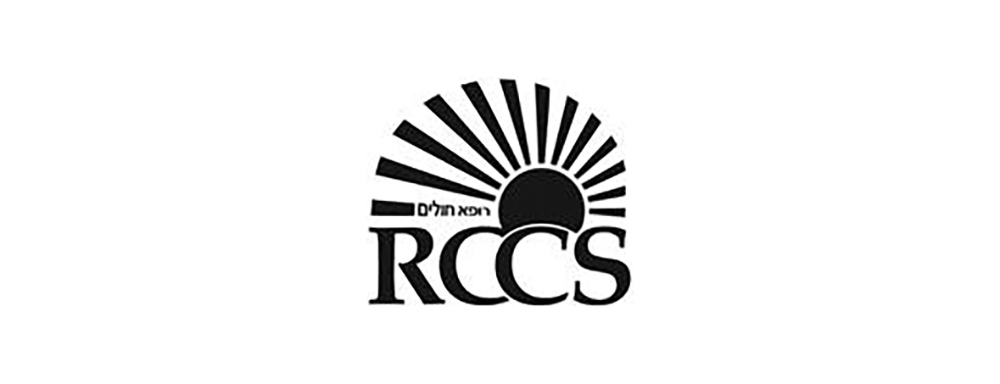No one wants to imagine what it’s like to be a cancer patient, but unfortunately, it’s a lot more common than we think.
Approximately 2 million people get cancer every year in the US, and it’s the second leading cause of death in this country (heart disease is number one, but it’s very close), with over 600,000 people dying every year–that’s 1,670 every single day. A rabbi I know from Passaic who sends patients to RCCS (Rofeh Cholim Cancer Society) from his shul told me recently, “Ein bayis asher ein sham meis/Everyone knows someone.” In my case, my mother lost her two-year battle with lymphoma and passed away just months after walking me down the aisle.
Our patients have told us that at that moment, when the doctor shared with them the dreaded diagnosis, everything around them just stopped. Everything went numb and a feeling of desperate helplessness washed over them. All they could think about was, “How am I going to get through this?”

How am I going to get through this medically? How do I know I’m in good hands with the cancer specialist that my GP referred me to? How many times has he performed these types of procedures? What’s his success rate? Maybe there’s much better choices out there. If only I had a better insurance plan that covered the doctors outside my network. But even then, I just wouldn’t know where to start!
How am I going to get through this financially? Will I have to leave my job so I can attend all the many consultations and appointments and go through tests and treatments and surgeries? Will my spouse or other family members have to reduce their working hours to look after me? Will my medical insurance cover all this? And how will I continue to pay the monthly premiums if I’m out of work or if our income drops substantially?
And how am I going to get through this emotionally? How will I cope with this cursed disease? Will I survive? How will my family manage without me?
There’s nothing more terrifying than feeling totally lost and utterly overwhelmed physically, emotionally and financially in the giant maze of thousands of doctors and our very complex medical system, and often having to make very difficult decisions very quickly.
But cancer doesn’t care about any of this! And often, it can be devastating.
To RCCS, cancer means war, and the only way to win a war is to have a full arsenal of the most powerful weapons and tools to fight with … and even then, we’d better do a lot of praying!
RCCS immediately takes the patient’s hand and is there to help them fight this catastrophic illness and give them the best possible chance of recovery and survival.
RCCS’s life-saving work is unique. We offer help to every age group, and to people with every type of cancer. We also offer primarily medical and financial support to our patients because that’s how, with God’s help, we’re going to save more lives.
When a patient contacts RCCS, there is a team of over 30 people (I’m not talking about the secretaries and the fundraisers and the admin support; I’m talking about a team of 30 cancer care specialists) on hand who are dedicated to helping them through the whole process … from diagnosis to recovery. These selfless people care about our patients like they care about their own children, and will do anything and everything they can to help them get better. They will hold their hands and guide them through every step of the ordeal–it’s a whole different level of care. And it’s what RCCS does best.
Rabbi Herschel Kohn, the founder of RCCS, relates a story that gives him great nachas. Two men were sitting together at a wedding, but one of them seemed depressed. When asked to explain his dark mood, the man said that his young son had been diagnosed with cancer and was scheduled to have his leg amputated. The other man pulled out his phone and called the RCCS emergency hotline from the wedding. After hearing the details of the son’s cancer, RCCS advised the man to hold off on the surgery and assembled a new team of doctors for his son, also helping him with the financial arrangements. Two years later, Reb Herschel received a bar mitzvah invitation in the mail with a little note attached that was clearly written by a young person. The note read, “Please come to my bar mitzvah and watch me dance with my two legs.”
RCCS is having its annual online campaign this week, and everyone is urged to please support it generously. All funds raised go to support their incredible work–giving Jewish cancer patients the best possible chance of recovery and survival. Please visit www.dryveup.com/rccs/bergencounty to participate. For more information, please call Dovid Cofnas at (201) 575 9080.
Rabbi Dovid Cofnas is the regional director of development at RCCS.











